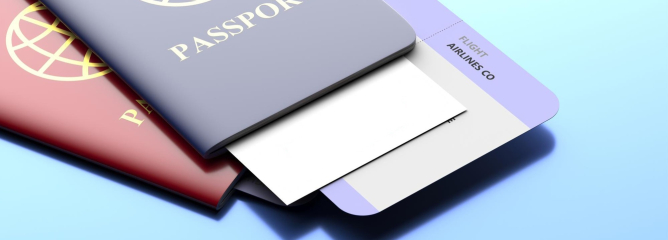
The Gabonese Republic, or simply Gabon, is a sovereign state located on the west coast of Central Africa. It is washed by the Atlantic Ocean in the west, bordered by Cameroon in the north, the Republic of the Congo in the east and south, and Equatorial Guinea in the northwest. The capital of Gabon is the city of Libreville. Gabon's political system is a presidential republic, where the president is the head of state and government. But in August 2023, the republic is under the rule of a military junta, which came during a military coup.
Climate. The climate in Gabon is mainly subequatorial, meaning high temperatures and high humidity for most of the year. Average maximum temperatures are around 30-32°C (86-90°F), and nighttime temperatures rarely fall below 20°C (68°F).
Number. The population in 2023 was 2,397,368.
Language. Gabon is a multi-ethnic country with a diverse linguistic composition, but the official languages are French and Oboi.
Gabon's economy is heavily dependent on oil production and exports. The oil and gas sector is one of the main sources of income for the country. In addition to oil, Gabon has significant reserves of natural resources such as timber and minerals. Oil and foreign investment could bring Gabon into the top countries with a high standard of living, but unfortunately, the uneven distribution of income has led to the fact that most of the population lives in poverty.
Gabon is also famous for its nature and rich biodiversity, including national parks and reserves,
Thanks to the climate, about 80% of the country's territory is occupied by dense evergreen forests, where various species of wild animals can be observed.
Today, Gabon is an underdeveloped agricultural state. About 60% of the population is employed in agriculture or logging.
The country causes great damage to wildlife, which affects the environment. One of the main sources of environmental pollution is the extraction and processing of oil and gas. The fallout of oil products into the sea and onto land leads to serious pollution of aquatic and coastal ecosystems. Uncontrolled cutting of trees and illegal logging leads to the destruction of forest ecosystems and loss of biodiversity. Pollution of water resources by wastewater affects public health. Illegal hunting and harvesting of wild animals leads to a reduction in the number and diversity of the living world.
The country is taking steps to combat pollution and sustainably use its natural resources. It is also actively investing in the development of its infrastructure, including roads, ports and energy systems. Gabonese authorities are seeking to diversify the economy to reduce dependence on oil.
